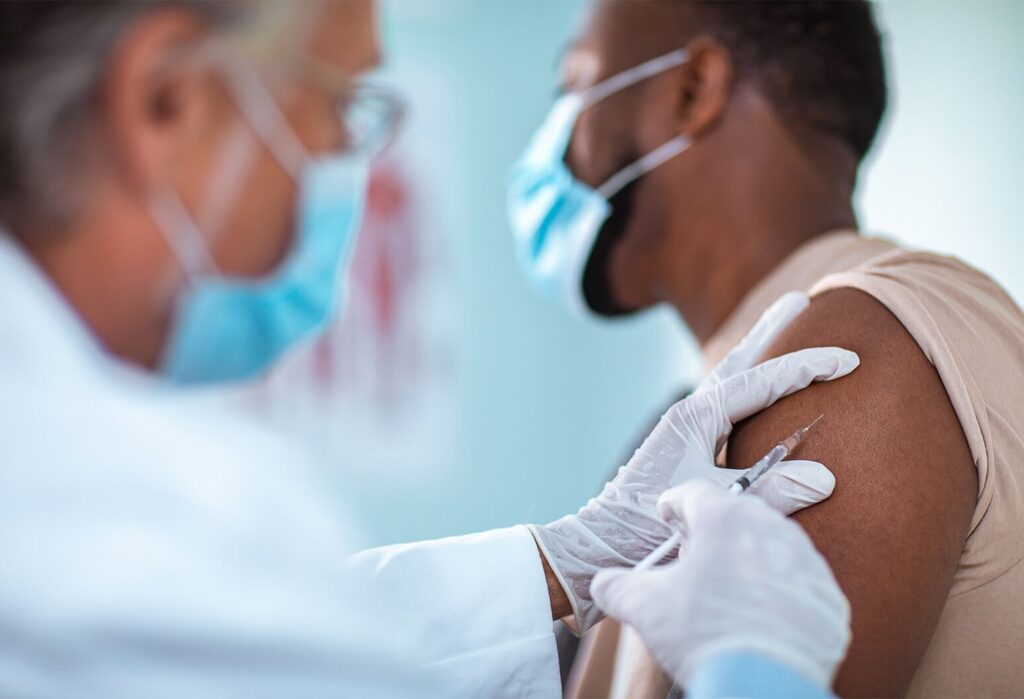Vaccinations have long been heralded as one of the most effective public health interventions, preventing the spread of infectious diseases and saving countless lives. Despite their proven track record, there is ongoing debate and misinformation surrounding vaccines. In this article, we will delve into the importance of getting vaccinated and why it is a crucial step in safeguarding both individual health and the well-being of the community.

Preventing Disease: Vaccines are designed to stimulate the immune system, preparing it to recognize and fight specific pathogens. By getting vaccinated, you protect yourself from potentially life-threatening diseases such as measles, polio, influenza, and many others. Vaccines have successfully eradicated diseases like smallpox and significantly reduced the incidence of others, such as measles and rubella.
Protecting Vulnerable Populations: Vaccination not only shields you from harm but also helps protect those who are most vulnerable, such as infants, the elderly, and individuals with weakened immune systems. By getting vaccinated, you contribute to the concept of herd immunity, where a high proportion of the population is immune, limiting the spread of diseases and safeguarding those who cannot be vaccinated due to medical reasons.
Preventing Outbreaks: Outbreaks of vaccine-preventable diseases can occur when vaccination rates fall below the required level for herd immunity. These outbreaks can have severe consequences, leading to hospitalizations, long-term complications, and even deaths. By getting vaccinated, you play a vital role in preventing the resurgence of such diseases and minimizing the risk of outbreaks.
Public Health Impact: Vaccines have a tremendous impact on public health by reducing healthcare costs, hospitalizations, and the burden on healthcare systems. They help maintain overall community health, allowing resources to be directed toward other healthcare needs. Additionally, by preventing the spread of infectious diseases, vaccines contribute to a safer and more resilient society.
Trust in Science and Expertise: Vaccines undergo rigorous testing and evaluation by scientific experts to ensure their safety and efficacy. Regulatory bodies carefully review the evidence before approving them for public use. By getting vaccinated, you demonstrate trust in the scientific process and contribute to the collective effort of public health experts working to protect communities.
Conclusion: Choosing to get vaccinated is not only a personal decision but also a responsibility we have to ourselves and those around us. Vaccinations have played a pivotal role in preventing the spread of diseases, eradicating deadly viruses, and saving lives. By getting vaccinated, we protect ourselves, safeguard vulnerable populations, prevent outbreaks, and contribute to the overall well-being of society. Let us embrace the power of vaccines and work together to create a healthier and safer world for all.
